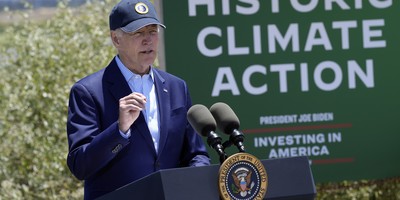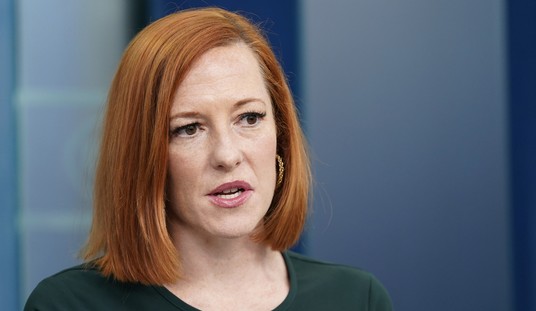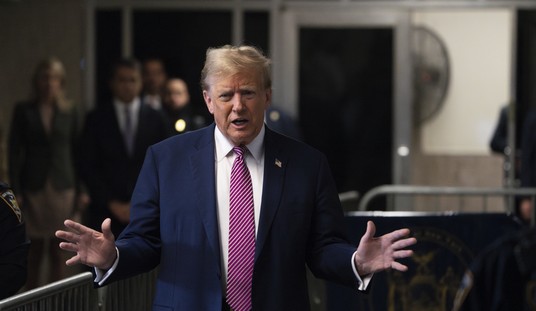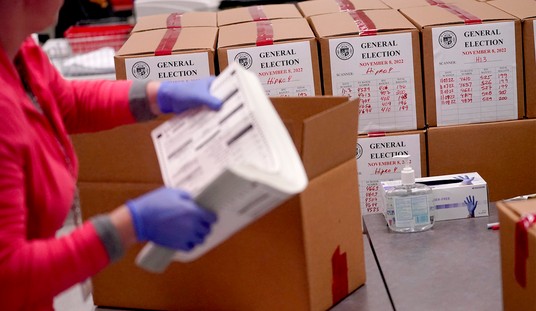This ideology -- that the government action is a sign of compassion -- is upside-down and contrary to the Christian notion of charity.
We all, as individuals, can and should act compassionately and charitably. We can volunteer our time, energy and dollars to help the underprivileged. We can feed the hungry, house the homeless. Most of us feel a moral and ethical responsibility to do so -- to "do unto others."
And we do fulfill that obligation more than the citizens of almost any other nation. International statistics show that Americans are the most charitable people in the world and the most likely to engage in volunteerism. Whenever there is an international crisis -- an earthquake, a flood, a war -- Americans provide more assistance than the people of any other nation.
But government, by its nature, is not compassionate. It can't be. It is nothing other than a force. Government can only spend a dollar to help someone when it forcibly takes a dollar from someone else. At its core, government welfare is predicated on a false compassion. This isn't to say that government should never take collective action to help people. But these actions are based on compulsion, not compassion.
If every so-called "patriotic millionaire" would simply donate half of their wealth to serving others we could solve so many of the social problems in this country without a penny of new debt or taxes. My friend Arthur Brooks, the president of American Enterprise Institute, has noted in his fabulous book "Who Really Cares: The Surprising Truth About Compassionate Conservatism" that conservatives donate more than the self-proclaimed compassionate liberals.
Recommended
The liberal creed seems to be: "We care so much about poor people, climate change, income inequality and protecting the environment (or whatever the cause of the day) that there is no limit to how much money should be taken out of other people's wallets to solve these problems."
Let's take Meals on Wheels. Is this a valuable program to get a nutritious lunch or dinner to infirmed senior citizens? Of course, yes. Do we need the government to fund it? Of course not. I have participated in Meals on Wheels and other such programs, making sandwiches or delivering hot lunches. And many tens of thousands of others donate their time and money every day for this worthy cause.
Why is there any need for government here? The program works fine on its own. Turning this sort of charitable task over to government only makes people act less charitably on their own. It leads to an "I gave at the office" mentality, which leads to less generosity. It also subjects these programs to federal rules and regulations that could cripple the programs. Why must the federal government be funding after-school programs -- or any school programs, for that matter?
One of my favorite stories of American history dates back to the 19th century when Col. Davy Crockett, who fought at the Alamo, served in Congress. In a famous incident, Congress wanted to appropriate $100,000 to the widow of a distinguished navel officer. Crockett took to the House floor and delivered his famous speech, relevant as ever: "We have the right, as individuals, to give away as much of our own money as we please in charity; but as members of Congress we have no right to so appropriate a dollar of the public money. ... I am the poorest man on this floor. I cannot vote for this bill, but I will give one week's pay to the object, and if every member of Congress will do the same, it will amount to more than the bill asks."
Crockett was the only member of Congress who donated personally to the widow, while the members of Congress who pretended to be so caring and compassionate closed their wallets.
It all goes to show that liberal do-gooders were as hypocritical then as they are today.

























Join the conversation as a VIP Member